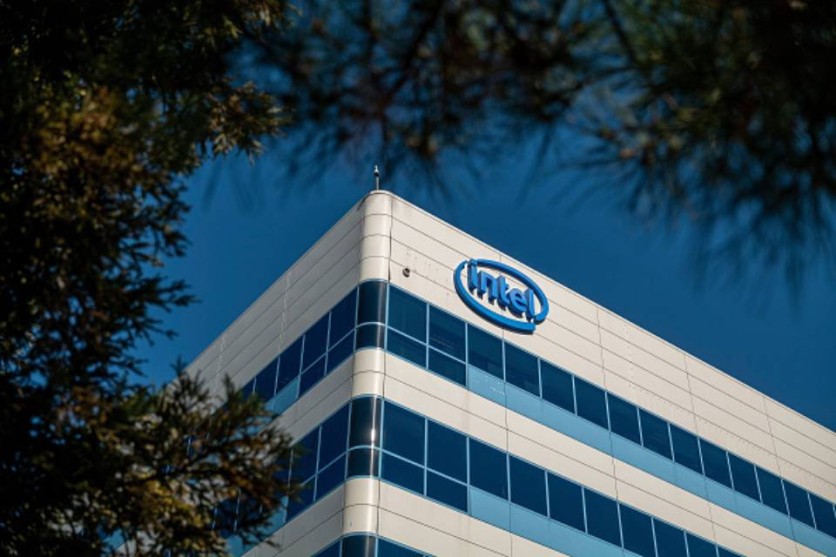seniorspectrumnewspaper – SoftBank recently closed an agreement to invest $2 billion in Intel’s common shares, making it the company’s sixth-largest shareholder. This move comes after Intel reported losses of $18.8 billion in 2024 and seeks to provide the struggling chipmaker with much-needed capital.
Read More : Nvidia Develops Blackwell Accelerators for China Market
Under the agreement, SoftBank will purchase Intel shares at $23 each, slightly below the stock’s recent closing price of $23.66. The investment amounts to less than 2% ownership, and SoftBank will not seek a seat on Intel’s board. According to an Intel spokesperson, this investment signals strong confidence in the company’s future.
Masayoshi Son, Chairman and CEO of SoftBank Group, highlighted the importance of semiconductors to global industries. He described the investment as a vote of confidence in Intel’s leadership in advanced semiconductor manufacturing in the United States.
Intel has faced stiff competition from rivals like TSMC, and SoftBank’s capital injection offers a financial boost amid these challenges. The deal strengthens Intel’s ability to compete in advanced chip production and supports its turnaround efforts. This investment also reflects SoftBank’s long-term relationship with Intel. CEO Lip-Bu Tan noted their decades of collaboration and expressed appreciation for SoftBank’s faith in Intel’s mission to lead U.S. technology and manufacturing.
U.S. Government’s Interest and Intel’s Strategic Outlook
Alongside SoftBank’s investment, the Trump administration reportedly considers acquiring a 10% stake in Intel under the CHIPS Act. Such a stake would require a purchase exceeding $10 billion, signaling significant government support for domestic semiconductor manufacturing.
Intel has already received about $10.9 billion in grants through the CHIPS Act. The U.S. government aims to boost domestic chip production and reduce reliance on foreign suppliers, aligning with Intel’s expansion goals. The potential government investment underscores the strategic importance of Intel in maintaining U.S. leadership in semiconductor technology. It also adds another layer of financial support during a challenging period for the company.
Read More : White House Debuts on TikTok Amid Outreach Effort
Despite recent financial setbacks, Intel’s leadership remains focused on regaining competitive ground. The combined backing from SoftBank and possible government involvement could improve Intel’s position against rivals like TSMC and AMD.
SoftBank’s involvement provides not only capital but also signals international investor confidence. This vote of support may help Intel attract further investments and partnerships essential for its turnaround. Looking forward, Intel’s challenge lies in executing its technology roadmap while leveraging these new resources. The company aims to strengthen its manufacturing capabilities and reclaim leadership in the semiconductor industry. Successfully navigating supply chain challenges and accelerating innovation will be critical to sustaining growth and competing globally in the rapidly evolving market.


